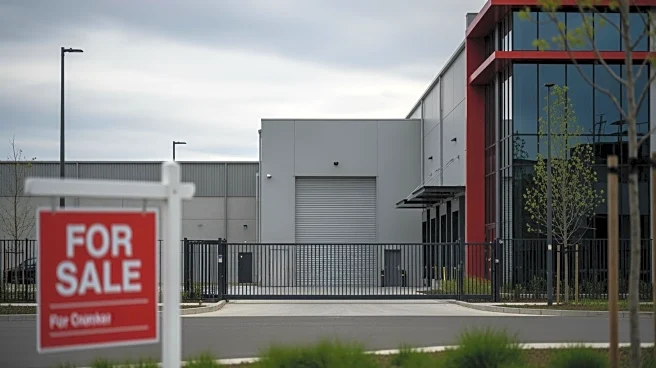What is the story about?
What's Happening?
New York City, under Mayor Eric Adams, is considering reducing the number of liquor stores as part of a strategy to curb excessive alcohol consumption and related health issues. The city's Department of Health has released a report linking high liquor store density to increased alcohol abuse, particularly in communities of color. The report suggests policy measures such as reducing liquor store density, restricting alcohol advertising, and increasing sales taxes. This initiative is part of the 'HealthyNYC' agenda, aiming to address public health concerns associated with alcohol consumption.
Why It's Important?
The proposal to reduce liquor stores in NYC highlights a significant public health initiative aimed at addressing alcohol-related health issues, including cancer. By targeting liquor store density, the city seeks to reduce heavy drinking and its disproportionate impact on certain communities. This approach mirrors past public health efforts against tobacco and reflects a broader trend towards regulating substances that pose health risks. The initiative could affect local businesses and the city's economy, particularly the tourism and nightlife sectors, which rely on alcohol sales.
What's Next?
The proposal may face opposition from business owners and industry representatives who argue that reducing liquor stores could harm the economy and infringe on personal freedoms. Stakeholders, including the Metropolitan Package Store Association, are likely to challenge the initiative, citing its potential impact on jobs and tourism revenue. The city may need to balance public health goals with economic considerations, possibly leading to further discussions and modifications of the proposed measures.














